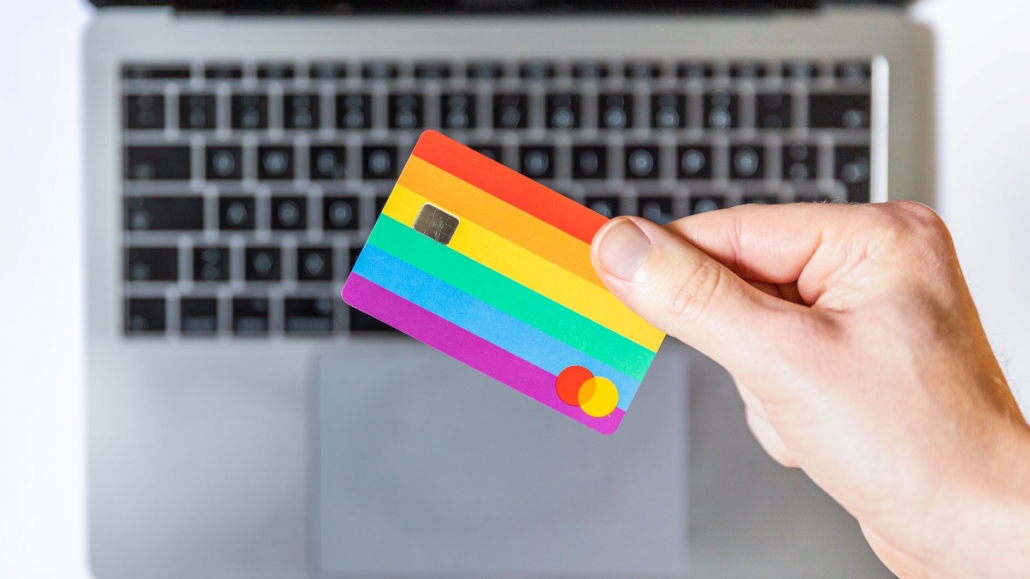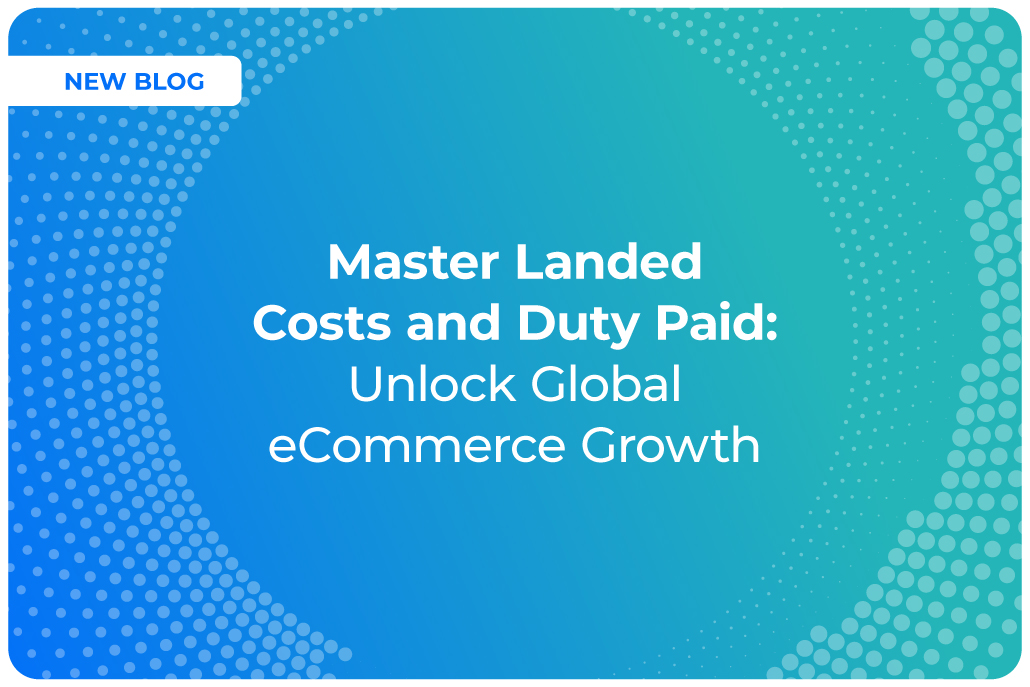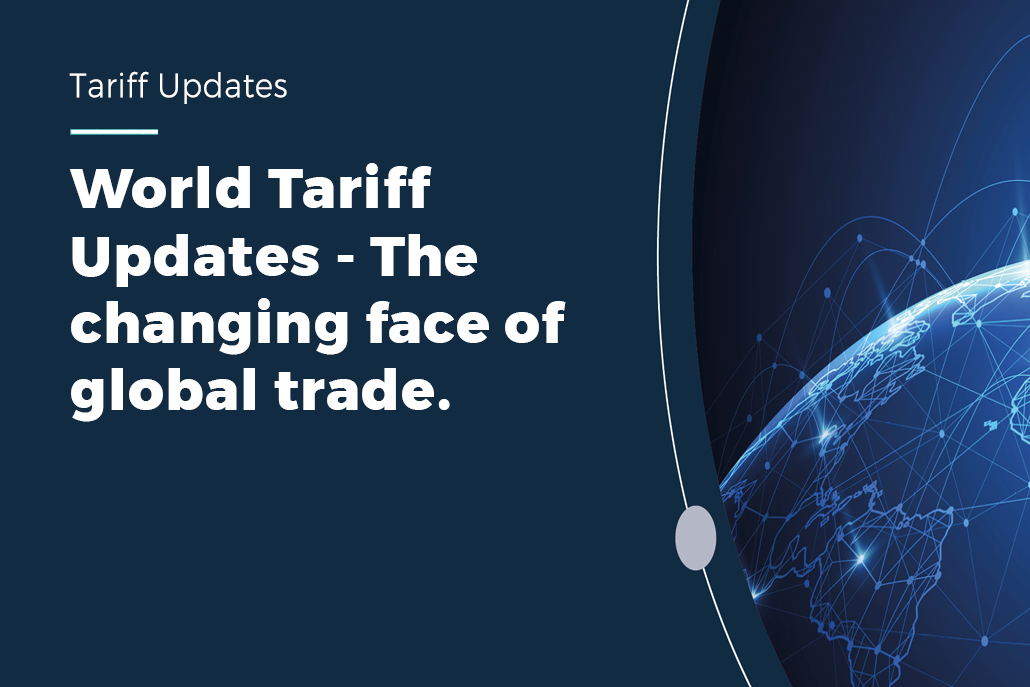Compliance has always been a requirement for any business, but in recent years the Bureau of Industry and Security (BIS) and Office of Foreign Assets Control (OFAC) have started actively monitoring the compliance of businesses trading in the US.
Businesses that have been found to have compliancy violations have their cases made public, to deter others from falling foul of the rules. In fact, recent statistics showed that Denied Parties violations accounted for 66% of fines given out.
No business is too big for compliance
Denied Party screening must be done by every business, regardless of your size, location or which process of the transaction you are involved in.
Most recently, Apple fell foul of the rules and were found to have violated the Foreign Narcotics Kingpin Sanctions regulations by entering an applications development agreement with a Slovenian company whose director and majority owner were designated under the Foreign Narcotics Kingpin Designation Act.
They were ordered to pay US$476,000 for this infringement, in which their screening systems failed to match ‘SIS DOO’ and ‘Sis d.o.o’(D.o.o is a standard corporate suffix in Slovenia identifying a limited liability company), showing that even the top companies struggle with screenings.
Marketplaces at fault
Also guilty of Denied Party failures were Amazon, who admitted to selling goods to individuals in Crimea, Iran and Syria between 2011 and 2018. Although the violations were viewed as ‘non-egregious’ by OFAC, they were still fined $134,523 which amounted to half the value of the transactions.
Small failings in the ability of the screening process to identify spelling mistakes such as ‘Krimea’ in place of Crimea led to further violations and low-value goods being sent to Cuba, North Korea, and Sudan. By admitting to these failings, Amazon were subject to lighter penalties than would normally be given for such large violations.
Individuals are just as responsible as businesses
Although Denied Party screening can be considered more important as the penalties are more severe, a lady attempting to import a crocodile skin handbag into Australia found out the hard way that certain restrictions apply to goods being imported when her handbag was destroyed.
Worth $19,000 the owner did not pay a $70 licence to import it, and although not illegal, crocodile products are controlled under the Convention on International Trade in Endangered Species of Wild Fauna and Flora (CITES) to ensure they are not linked to the illegal wildlife trade.
The above examples show that compliance is not an option, and even the biggest companies in the world can fall foul of the rules.
Having an effective screening process in place can minimise the risks associated with cross-border eCommerce.
Hurricane’s Denied Party and Prohibited and Restricted Goods screenings ensure businesses know what they are selling to who and where maintaining compliance and reducing the risk of fines and severe penalties.
Hurricane is quickly becoming the go to data partner for cross-border eCommerce by providing cost-effective solutions that have been built to provide the ultimate customer browse, checkout cost transparency and cross-border delivery experience.













